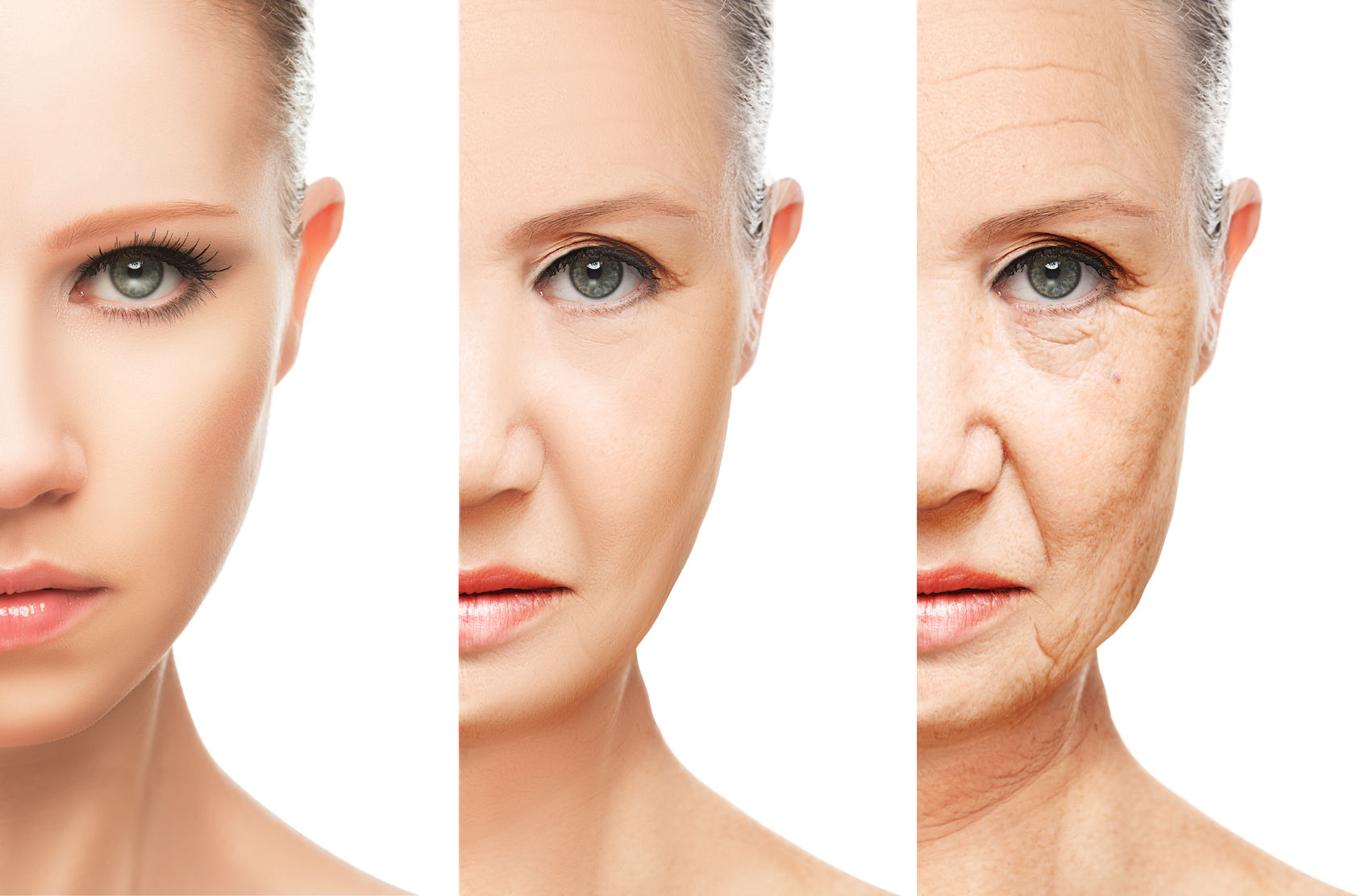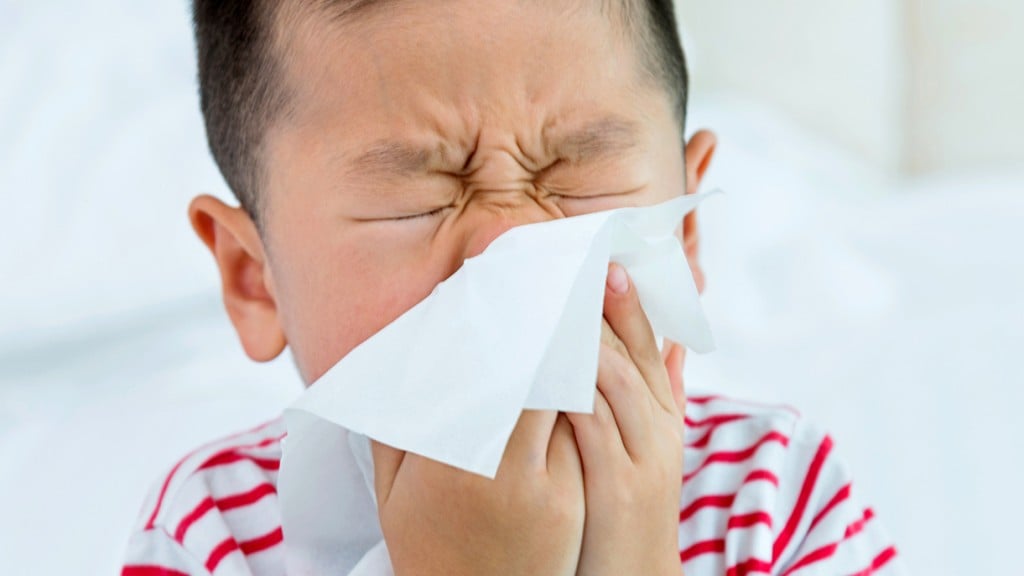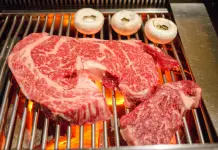There are so many types of diet nowadays, each focusing on different goals and food types. Which isn’t a bad idea, since we certainly should not be eating anything and everything, especially in huge amounts. However, due to certain diets, some nutrient groups may get left out if we’re not careful with what we eat. One of the important food/nutrient groups is protein, because that’s what our muscles (and other body parts like nail and hair) are made of. If you experience some of these 10 symptoms, you just may lack protein, so pack it on after that!
1) Hair Loss
Did you know? Our hair is actually made up of elastin, keratin and collagen, all of which are components of protein. Without sufficient protein, your hair may thin out, break easily and become dull. In a worst case scenario, it may even lead to balding! *gasp*

2) Saggy Skin
Yet another body part that requires collagen to maintain its lustre and glow, your skin needs some protein lovin’ too. If your skin doesn’t get its dose of protein/collagen, it will lose its elasticity, and easily become dry and dull.

3) Brittle Nails
Love nails that have a shiny sheen to them? Take in protein! Without protein, nails will first lose their shine, and eventually become brittle and dull. Nobody loves cracked or chipped nails; not only are they unpleasant, but they hurt too!

4) Loss of Muscle/Strength
If you’ve studied science even just a little bit, you’ll know that most of the protein goes to your muscles. And also, your source of strength comes from your muscles. Think of it this way: your muscles are your protein storage. When your body is low in protein, it extracts protein from your muscles, and your muscles lose their protein. Over a long time, your body just wastes away, becoming weak.

5) Easily Fractured Bones
We sincerely hope that you do not wait till you fracture a bone before realising that you are in fact, low in protein content. When the body absorbs calcium and bone cells are regenerating, it requires some assistance from protein. Therefore, no protein equals weak bones, so please consume some protein and don’t break your bones.

6) Edema (Water Retention)
According to emedicinehealth.com, edema is the abnormal accumulation of fluid in certain tissues within the body. To determine if you are experiencing edema, there’s a very simple test. Press down on your calf, and if it leaves behind an obvious, deep imprint, you have it. How does lack of protein cause edema? Lack of protein in the bloodstream causes fluid to build up instead.

7) Weakened Immune System
There’s a reason why we should eat food from all food groups in moderation – they each have a function. Our immune system actually heavily relies on protein to fight against infections, so no protein, no defence. You may end up getting sick a lot more often!

8) Delayed Healing of Wounds
When there’s a wound, our body needs to produce enough blood clotting cells and collagen to speed up the healing process. These two components are types of protein, so if your body does not have enough protein, you’ll find that you heal from cuts and injuries a whole lot slower.

9) You’re Always Hungry
Well, more than usual. We know everyone says that, but seriously, if you find yourself going hungry more often, you may lack some protein. Protein can provide a feeling of fullness, so if you’ve consumed enough protein, you shouldn’t feel hungry that often. May we also suggest that you do not snack on junk food when you experience hunger pangs, but perhaps go in search of a wholesome meal consisting of some protein?

10) Your Mood is Affected
Our body communicates via nerves, and nerves are mainly made up of amino acids, which happen to be protein components as well. Suffice it to say that you will partly lose some of your cognitive abilities (albeit mildly) if you do not have enough protein. That means that you might not be able to think clearly, make decisions well and also lose your temper easily.

So, just how much protein do we need? It actually depends on your age and how active your lifestyle is, but a good rule of thumb is this: for every kg of your weight, consume 0.8 grams of protein each day. You can do the math next.
Article sourced from OMGloh.















